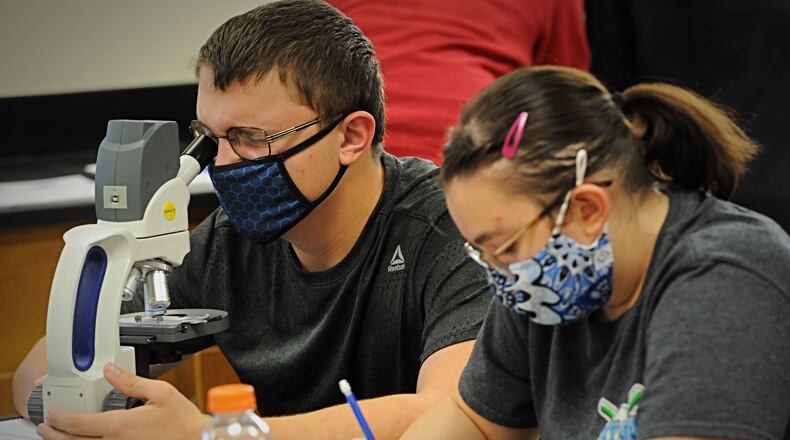Late-arriving ballots will be counted through Nov. 18, but the margin is more than 2,000 votes, making it very unlikely that the result could flip.
Beavercreek’s 9.8-mill substitute levy would not have raised residents' annual tax rates, but it would have made the levy permanent. Voters rejected a similar levy request by a 52-48 ratio earlier this year.
The levy, which accounts for 18% of the district’s general fund budget, would continue to cost the owner of a $100,000 home $300 per year. The current levy does not expire until the end of 2021, so Tuesday’s rejection will not result in an immediate loss of revenue.
The latest state data says Beavercreek spends $11,995 per student, about $300 above the median. The district’s most recent five-year forecast shows 18% of a year’s expenses in the bank at the end of 2019-20.
Superintendent Paul Otten said Beavercreek has been taking a variety of steps to boost its budget. He said refinancing bonds a few months ago saved $3.5 million, and changing district health care plans to Butler Health will save $9 million over three years.
Otten said the district has been converting existing levies to substitutes, because that form of levy allows revenue to grow when new homes are built, reducing how often the district will ask for new levies in the future.
“We feel that our programming is very enriching for our students and provides a great educational background for our kids,” Otten said. “This money will allow us to continue providing those same services that our community has come to expect.”
About the Author

